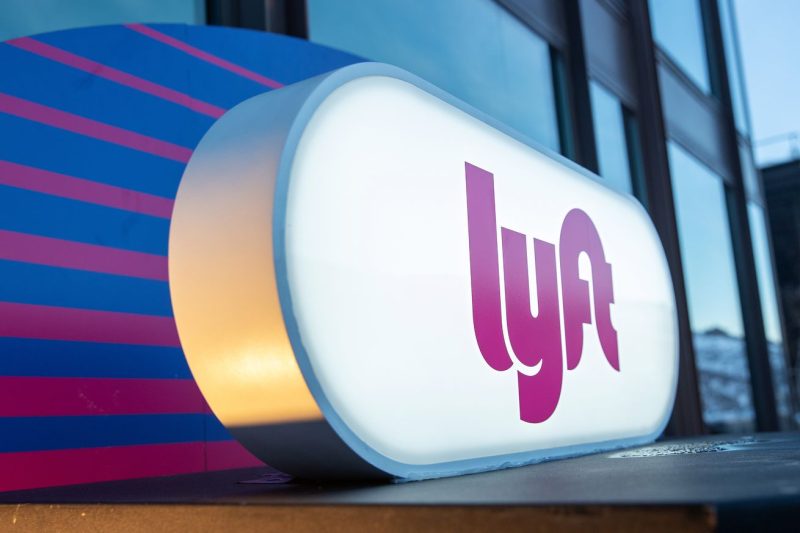
Lyft Slapped with $2.1 Million Fine for Deceptive Claims on Driver Earnings
Lyft, the popular ride-hailing company, was recently fined $2.1 million for misleading ads related to driver earnings. The Federal Trade Commission (FTC) found that Lyft exaggerated how much potential drivers could earn through their platform. This fine reflects the significance of truth in advertising and the consequences that companies face for deceptive practices. The case serves as a prominent example of the discrepancies that can arise between the promises made in advertisements and the actual outcomes experienced by users.
The FTC investigation revealed that Lyft overstated the potential earnings for drivers on their platform. The company’s advertisements showcased high earning potential, enticing individuals to become Lyft drivers under the belief that they could make substantial income. However, the reality was quite different for many drivers who found it challenging to reach the promised earnings levels due to various factors like market saturation, competition, and fluctuating demand.
Misleading advertising not only impacts the individuals who are lured in by false promises but also undermines the trust and credibility of the company. Consumers rely on the information provided in advertisements to make informed decisions, whether it is about joining a platform as a driver or using a service as a customer. When companies like Lyft engage in deceptive marketing practices, it erodes the trust that consumers have in the brand, leading to a loss of loyalty and reputation. The FTC’s fine sends a clear message that such practices will not be tolerated and highlights the importance of transparency in advertising.
In response to the FTC’s findings, Lyft has agreed to pay the $2.1 million fine and has committed to providing clearer and more accurate information about driver earnings in its advertisements. This serves as a reminder for all companies to ensure that their marketing claims are truthful and supported by evidence. By maintaining honesty and transparency in advertising, companies can build trust with consumers and uphold their reputation in the marketplace.
This case involving Lyft underscores the need for regulatory oversight in the advertising industry to protect consumers from deceptive practices. It serves as a cautionary tale for companies to be mindful of the claims they make in their advertisements and to ensure that they align with the actual experiences of their users. Ultimately, honesty and transparency are imperative in establishing a strong and credible brand image that resonates with consumers and fosters long-term loyalty.
